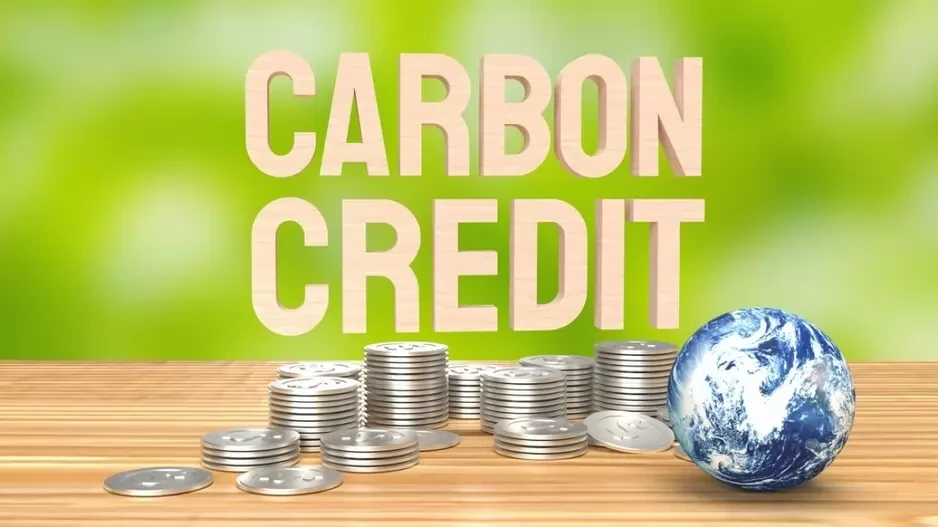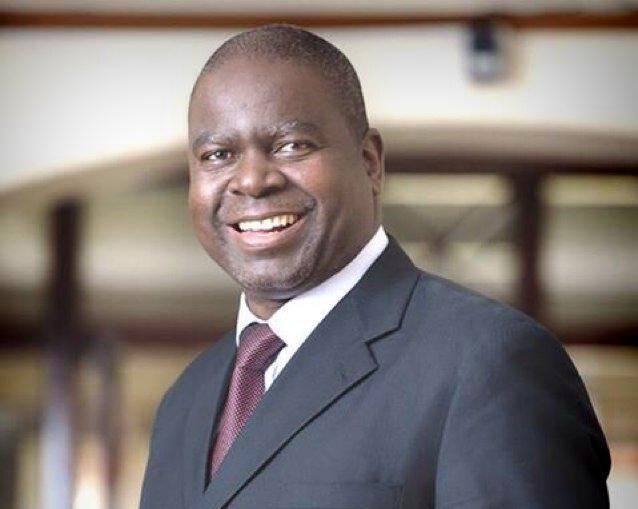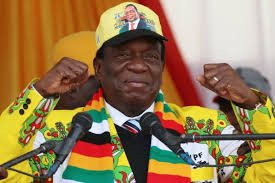
There are mixed feelings about the carbon credit deal signed between the Zimbabwen government and the United Arab Emirates (UAE) with critics raising a stink.
A Dubai-based firm, Blue Carbon, signed a US$1,5 billion memorandum of understanding (MoU) with Zimbabwe for extensive carbon credit projects spanning a fifth of Zimbabwe’s landmass.
The two parties signed to fund forest protection and rehabilitation projects.
The carbon sequestered off the forests will generate the corresponding amount of carbon credits.
Carbon credits are tradable instruments that allow companies and other entities to compensate for their carbon emissions by financing projects that reduce or remove carbon dioxide emissions (CO2) from the atmosphere.
A credit represents a tonne of CO2 removed.
Centre for Natural Resource Governance director Farai Maguwu flagged the carbon credit deal with the Dubai firm as “extension of extractivism” that exposed the poor to evictions from their land without a say.
“No doubt a few powerful politicians will pocket millions, but the people in target areas will suffer many things,” Maguwu said.
- News in depth: ‘Cross-border raids’: Zimbabwean illegal miners wreak havoc in Botswana, SA
- News in depth: Mnangagwa’s push for $12 billion mining industry imperils communities
- News in depth: British investor digs in over Marange diamond concession saga
- News in depth: ‘Cross-border raids’: Zimbabwean illegal miners wreak havoc in Botswana, SA
Keep Reading
“The benefits will only be in the State media, as is the case with mining, while the percentage promised to the communities will never reach them.”
Added Maguwu: “Above all, carbon trading is a false solution to climate change.”
Zimbabwe is Blue Carbon’s fourth foray into the African region in 2023.
Last year, the company signed a similar deal with Liberia.
In February this year, the Dubai firm also partnered Zambia and Tanzania to conserve eight million hectares of forests in each of the African countries.
Sydney Chisi, the executive director for Reyna Trust, a climate change advocacy group, however, hailed the carbon credit deal.
“Of late, some carbon credit companies were making huge profits due to distorted mechanisms and the government had to put a stop to it through Statutory Instrument 150/158 of 2023,” Chisi said.
“There was no way these operations could be done without regulatory approval.”
Chisi said the deal had been politicised by critics.
“Zimbabwe has a responsibility of mobilising resources for its own internal climate finance with human rights approach, and acted accordingly so that there is transparency in carbon credit trading,” he said.
Environment, Climate Change and Wildlife ministry secretary Prosper Matondi said government signed the deal based on policy and the country’s laws.
“We will update on how Zimbabwe’s carbon market is shaping, after passage of the law and its provisions,” Matondi said.
“We have to ensure the necessary institutional establishments, while triggering carbon trade. It’s tough, but doable. We are moving with speed.”
A recent United Nations Climate Change Conference held in Dubai failed to reach a consensus on carbon trading deals.
But observers have highlighted suspected abuse of natural resources by powerful nations that have financial muscle.
President Emmerson Mnangagwa said Blue Carbon would engage in reforestation and forest conservation projects.











